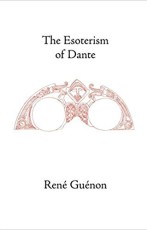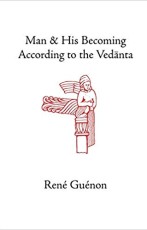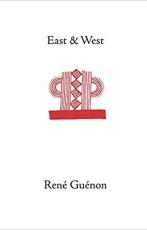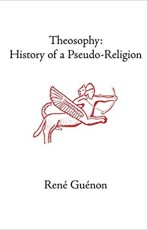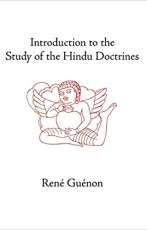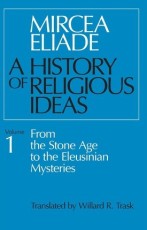The Esoterism of Dante
Without pretending to be thorough on so inexhaustible a subject, in The Esoterism of Dante Guénon nonetheless casts an unexpected light onto a specifically esoteric and initiatic aspect of Dante’s work, and above all of his Divine Comedy. Dante was without doubt far more than a literary genius, and one is justified in thinking that many treasures remain to be discovered in what Guénon calls ‘the spiritual testament of the Middle...
Read More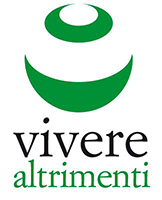
 English
English Italian
Italian